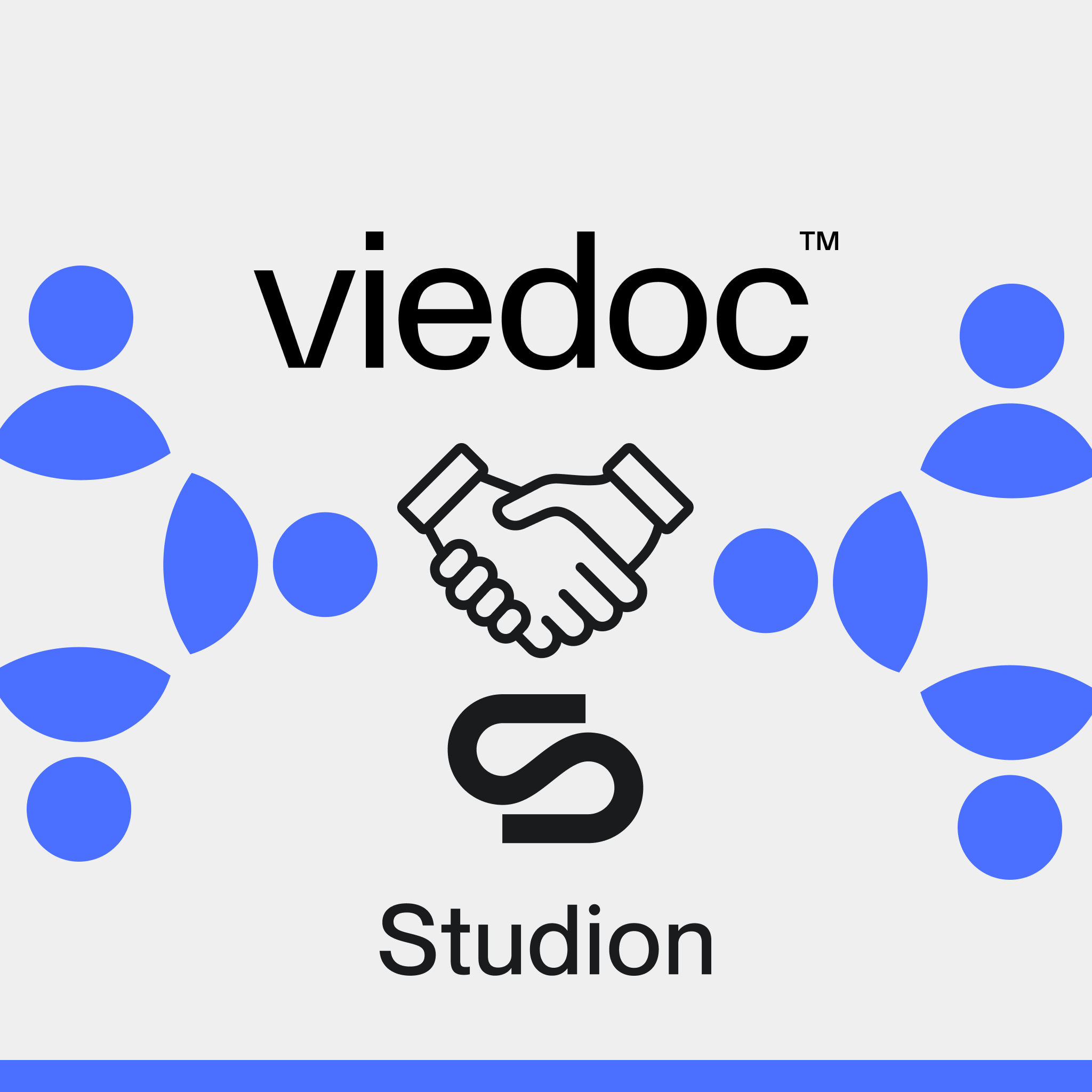The 2025 Drug Information Association (DIA) Global Annual Meeting convened leaders and stakeholders across the life sciences to discuss complex challenges and share insights on the future of clinical research. Across sessions and conversations, it was clear that AI is being leveraged to improve efficiency, and there’s a higher emphasis on patient-focused study design.
Here’s a summary of our key takeaways:
The Evolution of AI Use: Opportunities with Caution
Unsurprisingly, AI was a hot topic at DIA, especially with the recent shifts in usage trends across the industry. Large language models (LLMs) are increasingly being adopted across the clinical development lifecycle, from streamlining IND submissions to improving protocol design and extracting insights from complex datasets.
Several presenters highlighted how AI tools are helping their teams make more informed decisions around study design, endpoints, and comparators. There’s growing momentum around applying AI to scale and speed clinical operations, potentially reducing development costs and timelines. Even with the optimism and excitement, there’s still a shared sense of responsibility.
Many discussions emphasized the need for human oversight when using AI, especially with the prevalence of AI-generated errors and “hallucinations.” While automation can improve efficiency, AI is not a replacement for human judgment. It’s critical to establish thoughtful review processes to prioritize the quality and safety of clinical operations. Although it’s commonly misconceived that AI can fully replace human involvement when processes are automated, humans still need to make key decisions and carefully review AI-generated outputs.
Designing Digital Health Tools with Patients in Mind
At the end of the day, it’s all about patients. Designing more patient-centric trials was a clear priority throughout the conference. Sessions focused on how sponsors can reduce patient and caregiver burden by simplifying study participation and embracing more decentralized digital health models.
It’s important to educate patients about wearable devices and remote monitoring tools. When patients understand what’s being collected and why, they’re more likely to stay engaged. Sponsors are also beginning to integrate patient input earlier in the study design process, leading to more relevant endpoints and a better overall experience.
At Studion, we believe that improved study outcomes start with a more engaging user experience. That’s why our Learning practice creates study-specific training tools for both patients and sites, ensuring every patient understands how the technology works and what their data means in the broader context of the study.
Beyond DIA 2025: Purposeful Digital Health Innovation
It’s always exciting to connect with peers and partners at conferences like DIA. With lots of ideas and perspectives being shared, we enjoyed hearing how stakeholders across the industry are responding to shifts in digital health technology, clinical trial operations, and patient needs.
As the only independent professional service provider 100% focused on digital health deployment, Studion is at the forefront of digital health innovation. We’ve worked with multiple platforms across thousands of clinical trials. This experience provides us with the necessary experience to design, configure and test industry platforms to meet the specific needs of your study.



